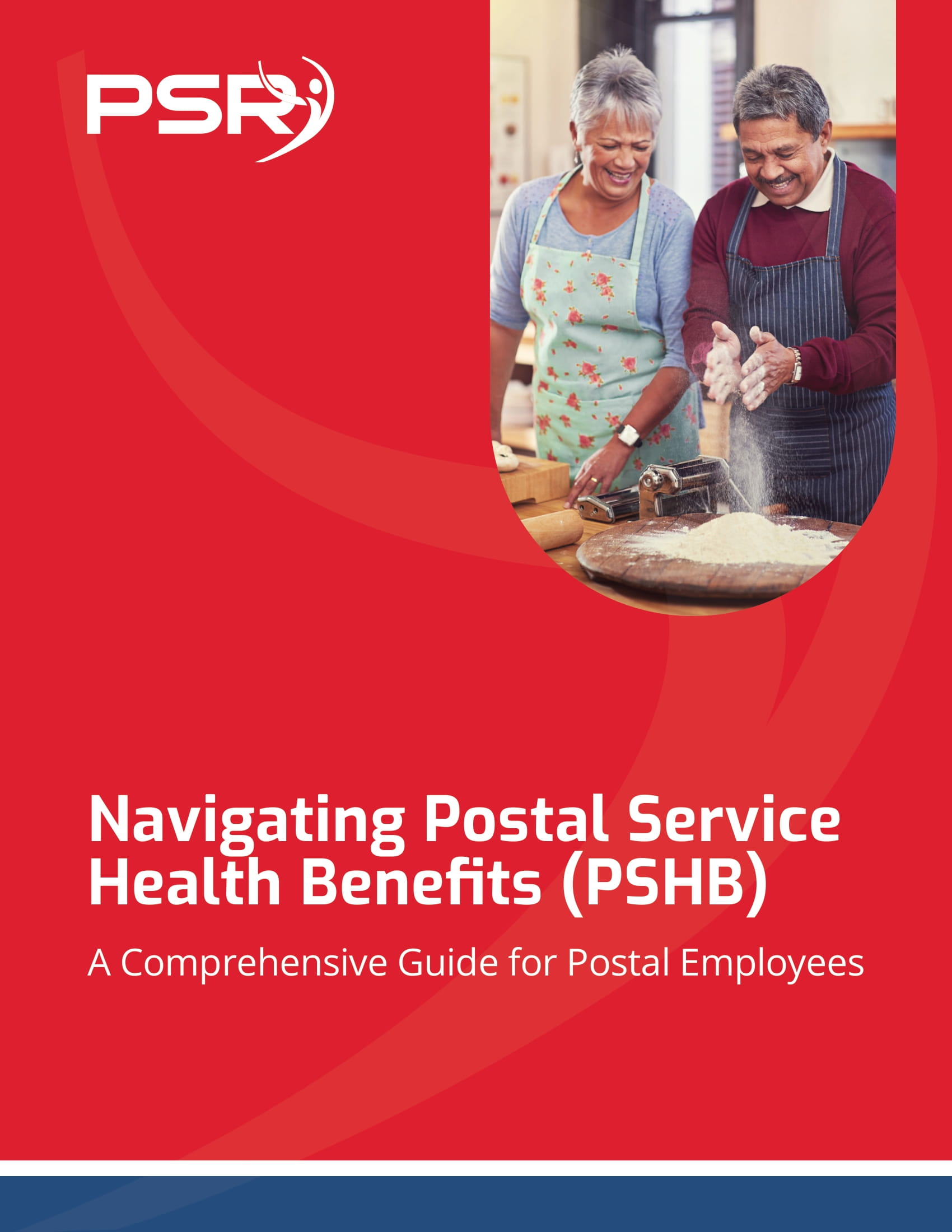Transporting FEHB
What Could Prevent You From Carrying your FEHB coverage into Retirement?
 There might be some other conditions that prevent you from carrying your FEHB into retirement. If something happens that prevents you from carrying your FEHB into retirement, your coverage will still be active for 31 days at no cost to you. When that time expires, you either must drop the FEHB coverage, continue for a period of time or convert to an individual policy.
There might be some other conditions that prevent you from carrying your FEHB into retirement. If something happens that prevents you from carrying your FEHB into retirement, your coverage will still be active for 31 days at no cost to you. When that time expires, you either must drop the FEHB coverage, continue for a period of time or convert to an individual policy.
- Also Read: Divorce and Your Federal Pension—What Happens When You Split Assets and How It Could Affect Your TSP
- Also Read: What Happens to Your Federal Benefits After Divorce? Here’s the Lowdown
- Also Read: The Best FEHB Plans for 2025: Which One Fits Your Lifestyle and Budget the Best?
There are so many changes that have taken place around Federal Employee Health Benefits (FEHB) that individuals who find there are circumstances that might prevent them from transporting FEHB into retirement, now have a number of choices to secure health coverage.
Military or Uniformed Services retirees may elect to cancel their FEHB during open season and opt for ChampVA Tricare or Tricare-For-Life These plans cover Medicare’s coinsurance, deductible and prescription drugs very much like the FEHB plan.
Be sure to check to see what your plan covers and if it allows transporting FEHB, opting always to choose the plan that offers the best benefit to you and your family.
P. S. Always Remember to Share What You Know.
You can always learn more about how FEHB and Medicare work together







